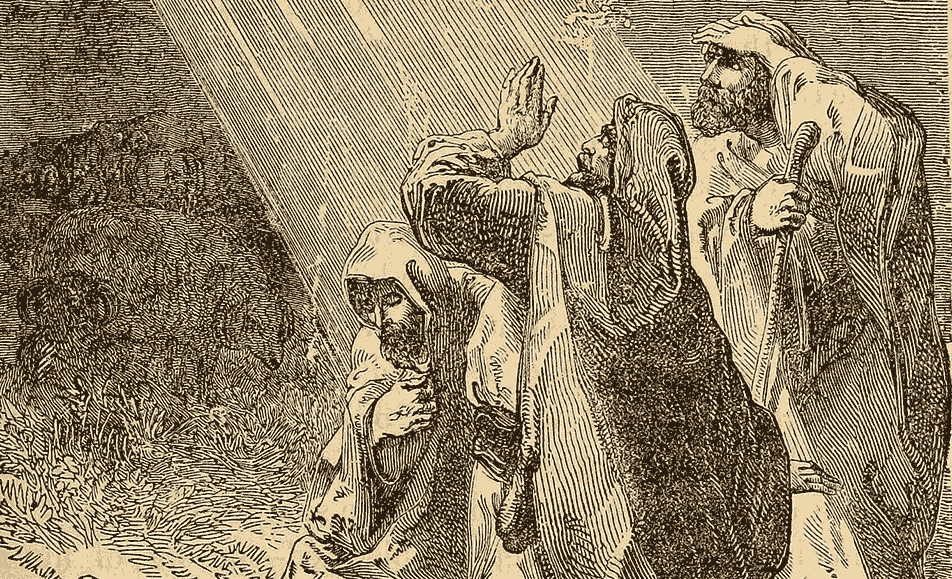There is an argument known as the Kuzari Principle. It tries to justify belief in whole swathes of the Biblical narrative, especially in the revelation at Mount Sinai. In this blog post, I hope to show that the argument is much stronger than it might seem. The name of the argument is slightly unfair, as it was first put forward not in R. Yehuda Halevi's Kuzari, but in Saadya Gaon's Emunot Vadeot.
- September 21, 2011
- 23 Min Read
Sometimes, absence of evidence for p does not count as evidence for not-p. So, there being an absence of evidence for, say, that there are 1.2 billion ants in Jerusalem does not count as evidence that there are not 1.2 billion ants in Jerusalem. At other times, however, absence of evidence for p does count as evidence for not-p. So, that there are no signs of footprints in the mud is not only an absence of evidence that somebody has just recently walked in the mud, but is evidence that nobody has walked there.
- July 24, 2011
- 8 Min Read




